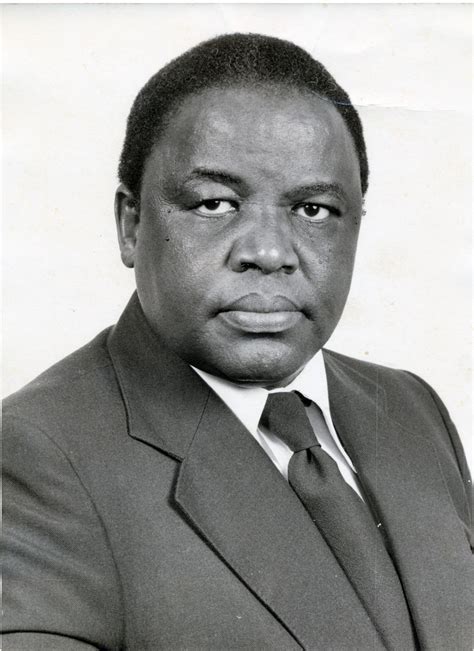A Quote by Matthea Harvey
Whether you're talking about political borders or aesthetic divisions (and clearly, the political ones have much more tragic consequences), it seems like once they are created, we want to patrol them, enforce them.
Related Quotes
When I'm in the process of making a movie I'm not thinking about the finished result, and whether people have to see it once or more than once, and what the reaction to it will be. I just make it, and then I live with the consequences, some of which may not be as pleasant as I'd like! I know one thing, however. Many viewers may come out of the theater not satisfied, but they won't be able to forget the movie. I know they'll be talking about it during their next dinner. I want them to be a little restless about my movies, and keep trying to find something in them.
I've been offered political shows before, and I don't know anything about politics and I feel uncomfortable making political opinions - there's consequences to them. I often think I'm wrong, so I really don't like getting in political or religious discussions because of the giant possibility that I might be wrong.
The protesters have called into question whether there is a real democracy. Real democracy is more than the right to vote once every two or four years. The choices have to be meaningful. But increasingly, and especially in the US, it seems that the political system is more akin to "one dollar one vote" than to "one person one vote". Rather than correcting the market failures, the political system was reinforcing them.
I encourage everyone I know that whether it be in their workplace, whether it be in a political arena or within their own families, to do what their gut tells them to do. And that involves calling it like they see it and tackling the tasks that are at hand and not worrying so much what other people are thinking or saying about them.
Of course, no state accepts [that it should call] the people it is imprisoning or detaining for political reasons, political prisoners. They don't call them political prisoners in China, they don't call them political prisoners in Azerbaijan and they don't call them political prisoners in the United States, U.K. or Sweden; it is absolutely intolerable to have that kind of self-perception.
Migrants come up and no longer seek to evade the Border Patrol, but are actually left at the border by their smugglers. And they seek out Border Patrol agents or Customs and Border Protection officials to surrender to them and request political asylum. That's the way in which they get entry into a system that will eventually release them into the country.
If you think about what folks have been doing for 20 or 30 years, they have been bottling frustration and resentment that the political elites don't understand them, that the political elites don't care about them, that the political elites judge them in various ways. All Donald Trump does is provide the opposite of those things.
The people who started the American government, the founders of the Constitution, didn't like political parties but they were forced to start them. Nobody ever created political parties in England, they evolved. And there do tend to be two general tendencies that focus around how much government you think you need.
It appears it would be quite un-American not to be suspicious of the government or to distrust it. History has taught them a little too much about the tragic frailties of human governments, but it has also driven home to them that they must control firmly political and economic power, which, handed over to any government in their land, could be easily used to oppress them.
It seems to me that we make a terrible mistake in talking about Trump as some kind of essence of evil. Trump is symptomatic of something much deeper in the culture, whether we're talking about the militarization of everyday life, whether we're talking about the criminalization of social problems, or whether we're talking about the way in which money has absolutely corrupted politics. This is a country that is sliding into authoritarianism.
It seems to me that the real political task in a society such as ours is to criticise the workings of institutions, which appear to be both neutral and independent; to criticise and attack them in such a manner that the political violence which has always exercised itself obscurely through them will be unmasked, so that one can fight against them.
Every time I think that political analysts and writers will finally recognize that most of them don't understand much about political polls, they prove me wrong. They don't know how to read them; they don't understand the importance of cross tabs within a given poll, and they don't know how to analyze them.
I'm not so sure liberal democracy as we know it has reached its terminus. It's clear though, that many have genuinely lost confidence in the Australian political class. One reason is that we like to place enormous burdens of expectations on modern political leaders. To be sure such expectations aren't always honest. Just as we want better public services but object to paying the higher taxes that would make them possible, we often want leadership but only if there aren't hard choices with real consequences.







































